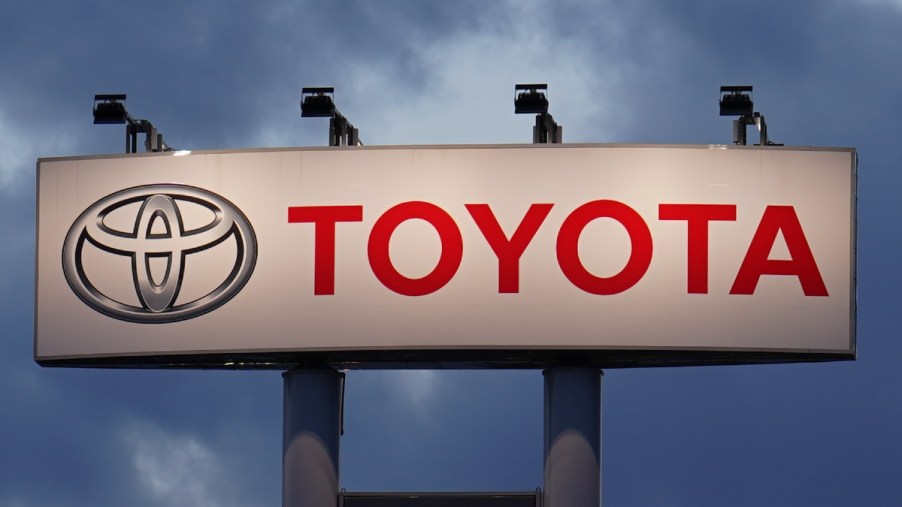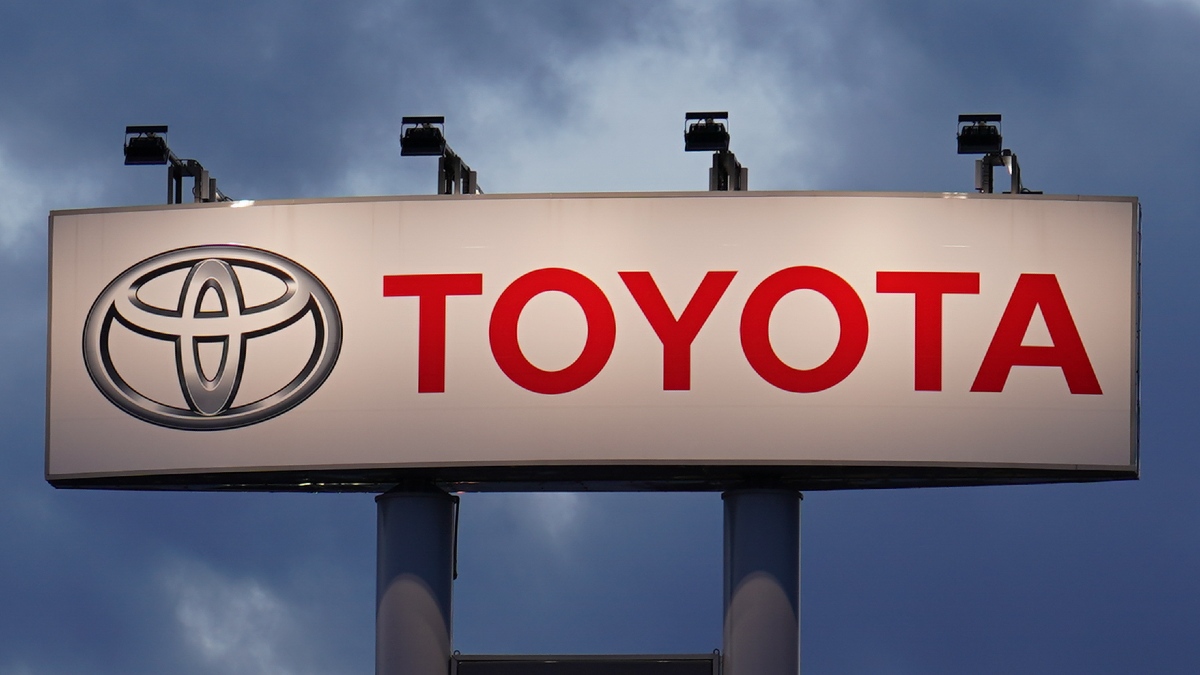
The 2022 Toyota Tundra Loses Its Consumer Reports Recommendation
Editor’s Note: This article was updated on 05/23/2023.
Consumer Reports is one of the most well-known car critics, and one of the reasons for that is because the site, like its name implies, gets a lot of its data from regular consumers. In terms of reliability data, the results from Consumer Reports’ 2022 survey are in, and one Toyota model did so poorly that it lost the coveted ‘recommended’ badge. Here’s a look at how the 2022 Toyota Tundra lost its recommended status, and why that happened.

Here are the findings from Consumer Reports’ 2022 survey
Consumer Reports received data from over 300,000 cars, and it got data on multiple areas, including the infotainment system, the powertrain, and more.
The results aren’t too surprising overall. For example, sedans are the most reliable segment, as the segment has the highest predicted reliability rating. SUVs were less reliable, followed by minivans, and pickup trucks were in last place.
A lot of clean cars have entered the market in recent years, and 2022’s survey gave analysts a look at the reliability of many of them. Between traditional hybrids, plug-in hybrids, and full EVs, traditional hybrids are currently the most reliable option.
Plug-in hybrids were less reliable, and full EVs were less reliable too. That being said, many of the reliability issues on PHEVs and EVs come from their infotainment system, so they can be fixed in the future.
Toyota Tundra reliability falters in 2022
Overall, with this new data in tow, many cars received a ‘recommended’ badge because their reliability scores have improved. However, some cars had the opposite fate.
The Tundra is the only Toyota model and the only pickup truck to lose its recommended badge due to this new reliability data. This was expected, as Toyota recently gave the full-size pickup truck a complete redesign.
Toyota gave the truck a redesign in the 2022 model year, and it changed a lot about the Tundra, including what’s under the hood. Before the redesign, the Tundra had a 5.7-liter V8 engine that got 381 hp.
Toyota swapped that out for three 3.4-liter turbocharged V6 engine options. The standard V6 gets 348 hp, and it can be bumped to 389 hp. There’s a hybrid powertrain option that uses a similar engine, and it gets 437 hp combined.
These new V6 engines aren’t the only reason why the new Tundra is less reliable, its reliability scores in other areas did drop compared to the prior generation. Toyota will likely fix those reliability issues, and the full-size truck will likely be as reliable as usual afterward. Until then though, the Tundra isn’t currently recommended by Consumer Reports.
Other cars lose their recommendations for reliability concerns
The Tundra wasn’t alone in terms of cars that were recommended but no longer are. Many other cars that shoppers typically assume are reliable turned out not to be as reliable as past generations.
For example, two of Hyundai’s vehicles are no longer recommended because their reliability scores have dropped. Both the Elantra and the Kona lost their ‘recommended’ badges.
Nissan and Volvo also saw some of their cars lose the recommended label. The Nissan Sentra and the Volvo XC60 are no longer recommended due to the results of this year’s reliability survey.
Lastly, Ford had two cars lose their recommendations due to consumer feedback. The Bronco Sport and the Mustang Mach-E both lost the coveted distinction.
Of course, the lack of a ‘recommended’ badge from Consumer Reports doesn’t mean they are bad cars. It isn’t a pass-or-fail test. If you’ve got your eye on one of these cars, just make sure to do your research before buying.



